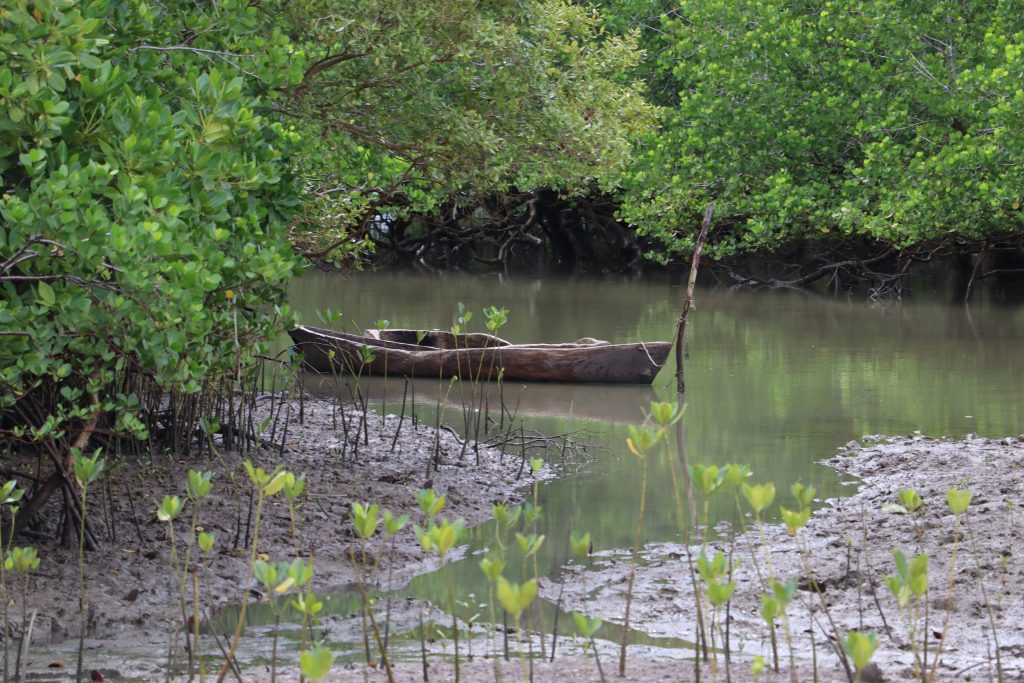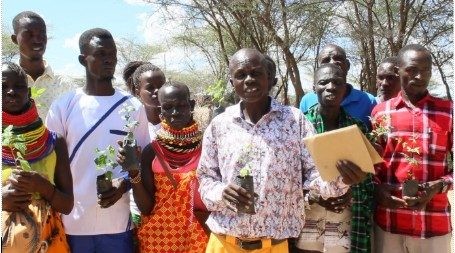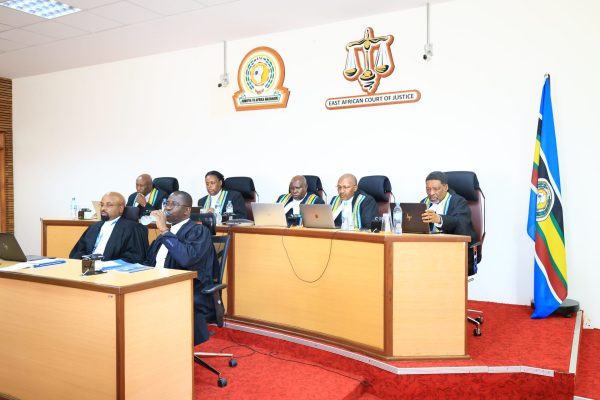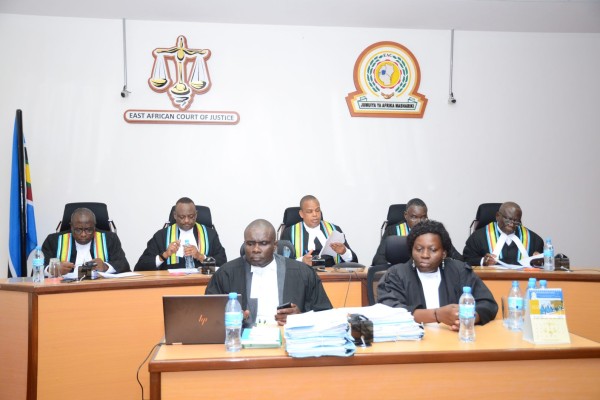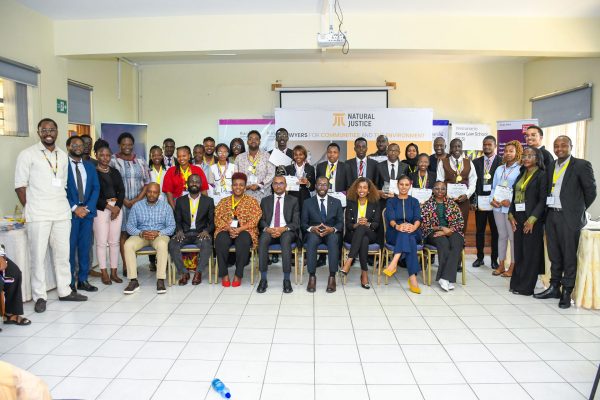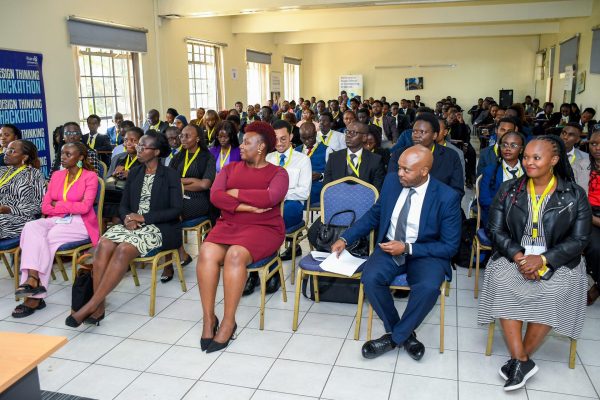A reflection on the High-Level Climate Change and Health Session at the sidelines of the Tenth Session of the Africa Regional Forum on Sustainable Development.
On April 19, 2024, I had the privilege of participating in a high-level policy dialogue conference that focused on crucial intersection of climate change and health. Attended by professionals from over 15 African countries, this event served as a precursor to the 29th Conference of Parties, set to take place later in Azerbaijan. Stemming from COP 28, there has been an increased emphasis to integrate health considerations into climate change policies, and this conference aimed to unpack and integrate the African Common position with the COP 28 Declaration on Climate and Health into actionable policies.
One common thing that reverberated in the room across the two day was the fact that we cannot downplay the impact of climate change and environmental degradation on our economic growth which ties to our health. Some of the key deliberations and take aways are as below:
“Health is the human face of climate change”- Desta Lakew
This statement encapsulates the profound nexus between climate change and health. While climate change is often associated with various issues like conflict and forced migration, its impact on health has received limited attention. Yet, the reality is stark: The conversation about climate change can no longer be left to the scientists. The face of this existential threat is very evident in our everyday life. It goes without saying that climate change threatens global public health, exacerbating the spread of air bone, water bone and vector bone diseases and worsening malnutrition. These impacts are disproportionately felt by developing nations who contribute the least to climate change.
Why we must be emotional about health and climate.
The Global South, particularly Africa, has historically been marginalized in global climate negotiations, with decisions often disregarding their unique vulnerabilities and needs. Despite being the most affected by climate change, African nations have often found themselves sidelined in international negotiations. The burden of climate change falls disproportionately on these nations, weakening their institutions and hindering their ability to adapt and build resilience. This lack of equity and disproportionate burden necessitates an emotional response.
The burden is too heavy to bear alone. Economic shocks, pandemics, and climate change often do not affect us in isolation; they work concurrently to strain already vulnerable economies. Prof. Alhaji N’jai from the University of Sierra Leone highlighted that while the world was grappling with COVID-19, Sierra Leone was simultaneously dealing with five other disease outbreaks exacerbated by climate change. Recently the Malawian president acknowledged that the effect of the cyclone that hit the country was way worse than the effects of covid. These scenario cuts across the continent, where communities grapple with multiple disasters including insecurity, epidemics, famine, and economic hardships all exacerbated by climate change further underscoring the interconnectedness of environmental and health crises.
Traditional knowledge a dying resource -Dale Onyango
Traditional knowledge (TK) emerges as a crucial aspect of climate resilience. As I shared insights from working with communities in Kenya, it became evident that climate change threatens not only ecosystems but also traditional medicinal knowledge. Loss of biodiversity jeopardizes the availability of medicinal plants, endangering community health, especially in remote areas where community members do not have access to motorized transport and thus cannot access healthcare services on time thus traditional medicine is their only resort.
“America has gone to the moon, yet we are still struggling to get to the village and sometimes when we do, the vehicle never gets back” -prof Alhaji.
The urgency of addressing climate change cannot be overstated. The global South must not be left behind. We need a paradigm shift, moving from victimhood to action. As Mr. Waltaji Terfa aptly puts it, this requires not only enacting policies but also having an implementation strategy which can be narrowed down to guidelines and cascaded to the lowest level ensuring that climate action translates into tangible benefits for our health and well-being.
In conclusion, the dialogue on climate change must extend beyond scientific circles to encompass broader societal engagement. By recognizing the profound implications of climate change on health and advocating for equitable solutions, we can pave the way for a healthier, more sustainable future for all.

